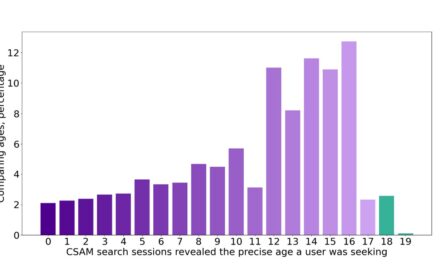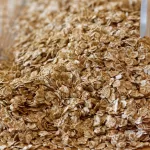Elderberry juice, a traditional remedy for immune health, is now gaining attention for its potential role in weight management and metabolic health, according to a recent study led by Washington State University (WSU).
The clinical trial, published in the Nutrients journal, found that consuming 12 ounces of elderberry juice daily for one week led to positive changes in gut microbiome composition and improved glucose tolerance and fat oxidation in overweight adults.
Elderberry, known for its dark purple berries, has long been used in Europe for its medicinal properties. However, its other health benefits have remained largely unexplored—until now. Dr. Patrick Solverson, an assistant professor in WSU’s Elson S. Floyd College of Medicine, emphasized the untapped potential of elderberry in promoting human health. “We’re now starting to recognize its value for human health, and the results are very exciting,” Solverson said.
The study involved 18 overweight adults in a randomized, placebo-controlled trial. Participants were given either elderberry juice or a placebo with a similar appearance and taste, developed by North Carolina State University’s Food Innovation Lab. Both groups followed a standardized diet during the study.
Results revealed that the participants who drank elderberry juice experienced a significant increase in beneficial gut bacteria, such as firmicutes and actinobacteria, while harmful bacteria like bacteroidetes were reduced. A healthy gut microbiome plays a crucial role in nutrient absorption and supports overall physical and mental well-being.
In addition to these microbiome improvements, participants who consumed elderberry juice saw a 24% reduction in blood glucose levels, suggesting better sugar processing abilities. Insulin levels also dropped by 9%, further indicating improved metabolic health. Additionally, elderberry juice appeared to boost fat oxidation—enhancing the body’s ability to break down fatty acids—especially after high-carbohydrate meals and during exercise.
The researchers believe these positive effects stem from elderberry’s high concentration of anthocyanins, bioactive plant compounds known for their anti-inflammatory, anti-diabetic, and antimicrobial properties. According to Solverson, while other berries contain anthocyanins, elderberry offers a higher concentration. “You would need to consume four cups of blackberries to match the anthocyanin dose found in just six ounces of elderberry juice,” he explained.
Elderberry products have gained popularity in the U.S. during the COVID-19 pandemic, with demand continuing to rise as more people seek natural solutions for health management.
As Solverson concluded, “Food is medicine, and science is catching up to that popular wisdom. This study contributes to a growing body of evidence that elderberry, which has been used as a folk remedy for centuries, has numerous benefits for metabolic as well as prebiotic health.”
The full study, titled A One-Week Elderberry Juice Intervention Augments the Fecal Microbiota and Suggests Improvement in Glucose Tolerance and Fat Oxidation in a Randomized Controlled Trial, can be found in the Nutrients journal (DOI: 10.3390/nu16203555).











